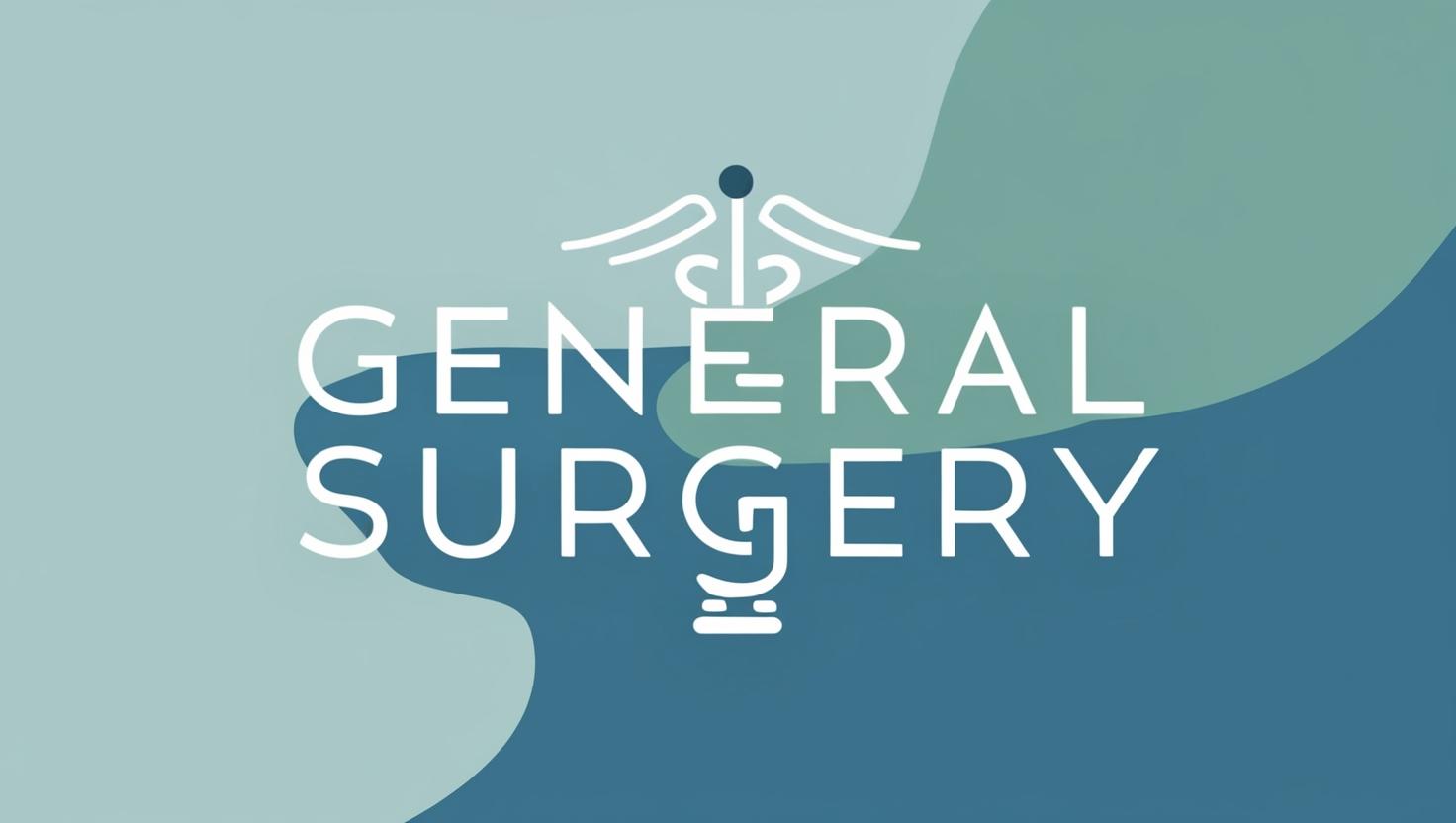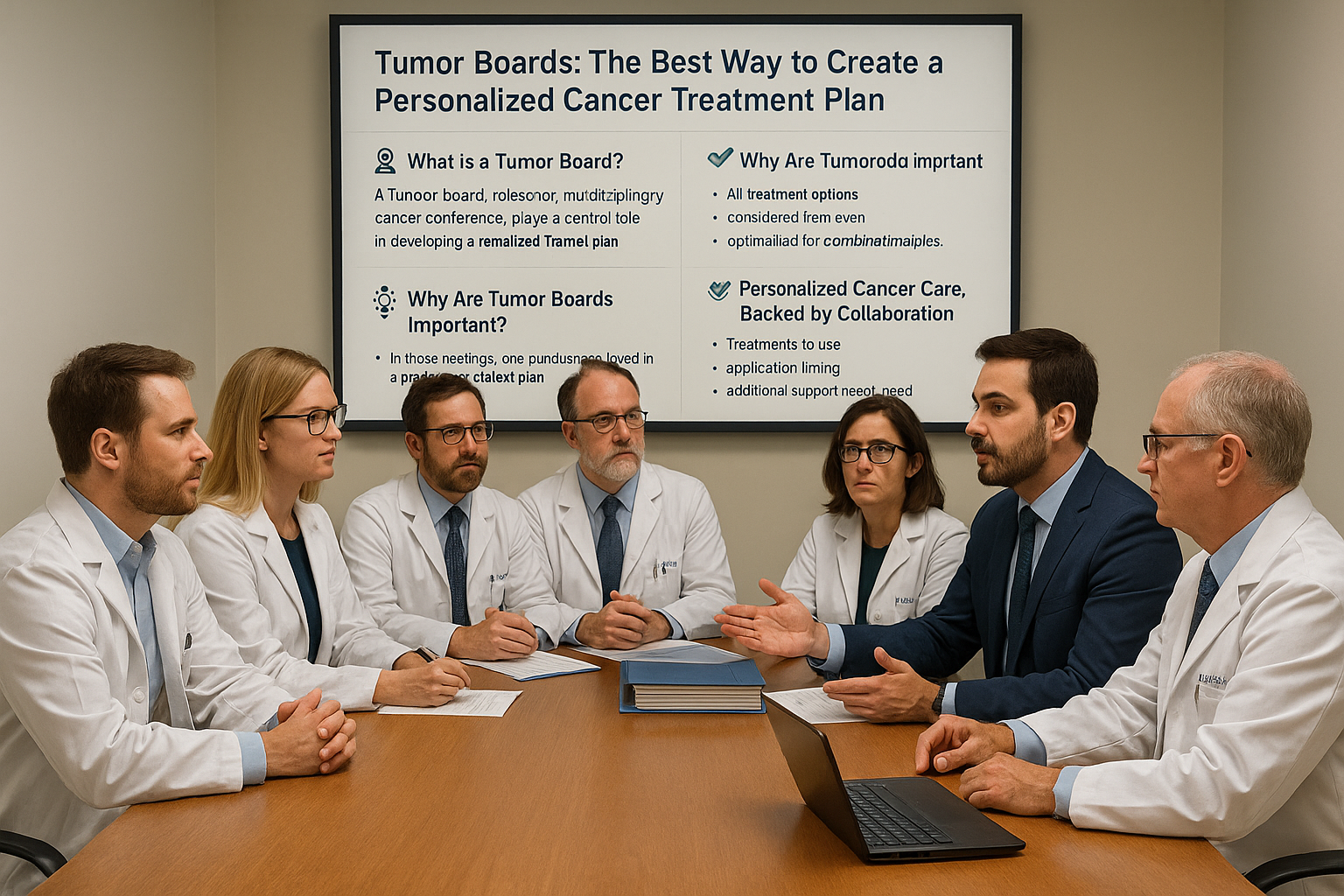Pancreatic Cancer: A Guide for Patients
Understanding Pancreatic Cancer
Pancreatic cancer originates in the tissues of the pancreas, an organ located behind the stomach that plays a vital role in digestion and blood sugar regulation. Early detection is challenging, as symptoms often appear in advanced stages.
Common Symptoms
- Abdominal pain or discomfort
- Jaundice (yellowing of the skin and eyes)
- Unexplained weight loss
- Loss of appetite
- Fatigue
Diagnosis and Treatment Options
Pancreatic cancer diagnosis involves advanced imaging studies, blood tests, and sometimes biopsy. Treatment plans are tailored to the stage and type of cancer and may include surgery, chemotherapy, and/or radiation therapy.
Robotic Surgery for Pancreatic Cancer
Robotic surgery offers a state-of-the-art approach to treating pancreatic cancer, providing precision and minimally invasive techniques for eligible patients.
Advantages of Robotic Surgery:
- Smaller incisions leading to reduced pain and faster recovery
- Enhanced visualization for surgeons, allowing for precise tumor removal
- Reduced blood loss and lower risk of complications
Procedures Commonly Performed Using Robotic Surgery:
- Pancreaticoduodenectomy (Whipple procedure)
- Distal pancreatectomy
- Total pancreatectomy
Step-by-step Treatment Journey
- Patients who travel to our country for treatment are admitted to the hospital one day prior to their scheduled surgery.
- Comprehensive information regarding both pre-operative and post-operative planning is provided directly by the attending physician and clinical nursing staff.
- Pathology results are typically available within one week. Patients are informed of any additional treatment options, such as chemotherapy, immunotherapy, or targeted therapies, that may be required.
- Pancreas cancer surgeries are performed using robotic-assisted or laparoscopic techniques, enabling patients to mobilize and resume physical activities within a remarkably short time frame, often on the same day.
- The hospital stay typically lasts 5 to 7 days. Following discharge, patients stay an additional 7 days at a hotel arranged by our health tourism agency. After a follow-up consultation, patients with no complications are cleared to return to their home countries by air.
Oncologic Follow-Up Care
Follow-up care is crucial in managing pancreatic cancer after surgery. This typically includes:
- Chemotherapy or Radiation Therapy: To target residual cancer cells and reduce recurrence risk.
- Nutritional Support: Managing diet and digestion, especially after significant pancreatic surgery.
- Regular Monitoring: Routine imaging and blood tests to detect any recurrence early.
- Symptom Management: Addressing pain, fatigue, or other symptoms that may arise.
Why Choose Health Tourism for Pancreatic Cancer Treatment?
Health tourism combines world-class treatment options with cost-effective solutions, allowing patients to access cutting-edge care, including robotic surgery, in a supportive and state-of-the-art environment.
Key Benefits of Seeking Treatment Through Health Tourism:
- Access to highly skilled surgical and oncological teams
- Comprehensive care packages including diagnostics, treatment, and follow-up
- Personalized services to support international patients, such as language assistance and accommodation arrangements
- Seamless integration of travel with advanced medical care
Our Commitment to Your Health
We are dedicated to providing patients with the best care, utilizing the latest technologies and treatment modalities. From your initial consultation to follow-up oncologic care, our team ensures a patient-centered approach for optimal outcomes.
For more information or to schedule a consultation, please contact us.
Your health journey matters to us. Let us be your partner in care and recovery.




